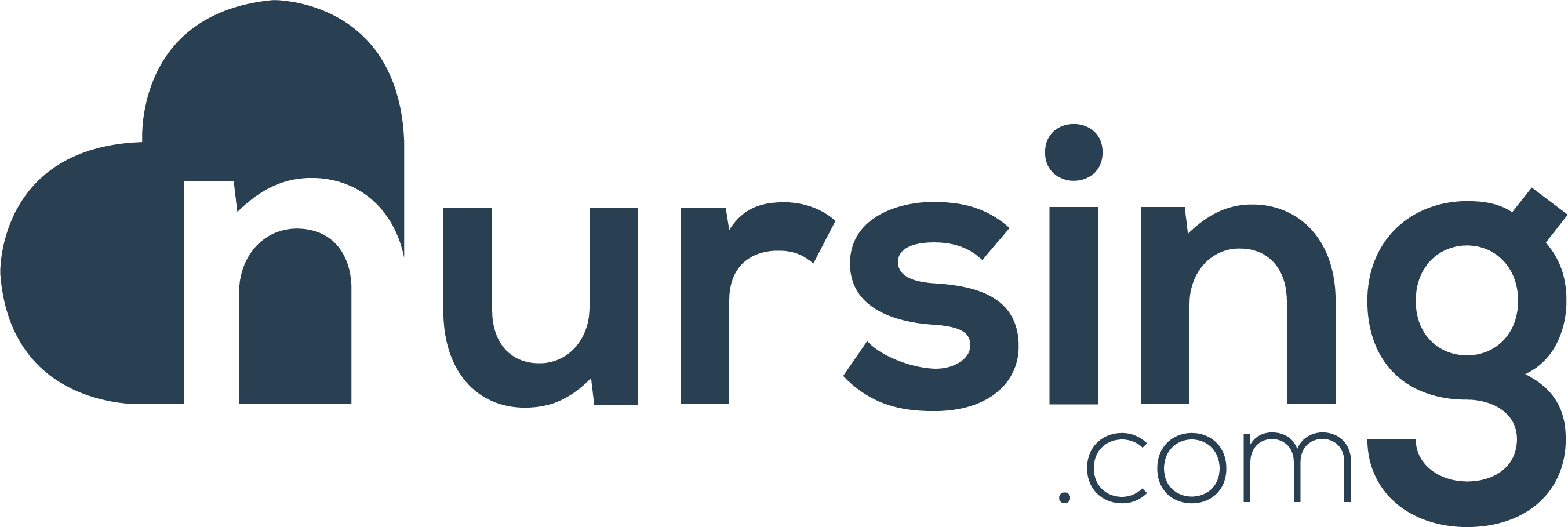
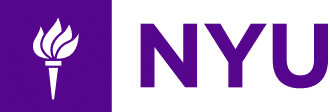










Explore our additional online tools, from AI-powered online flashcards, to care plan creators, to trivia games to challenge you and your nursing peers.

"I went from a discouraged, stressed, cried every single week nursing student to someone who is motivated and passionate . . . NURSING.com was just so much easier."
Mercedes (student nurse)

NURSING.com students have a 99.25% NCLEX pass rate (based on 8,999 students surveyed).

"We teach nursing students how to analyze, questions, and apply concepts - so when they step into a clinical setting, they're already thinking like nurses."
Jon Haws, RN (founder NURSING.com)
Alexis
Clyde
Elle
Rebecca
Richard
Mercedes
NURSING.com includes a full curriculum suite developed by experienced practicing nurse educators based on the most current evidenced based practice.
Curriculum Designers




World-Class Educators
Imagine your students learning about DIC from an OB nurse who just cared for a DIC patient the night before! With NURSING.com, you are putting the world's best nurse educators in front of your students - everyday.




























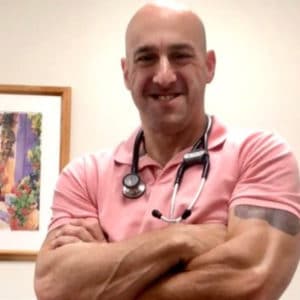










Ready-made lesson plans and teaching resources save educators significant time in preparation, allowing them to focus more on delivering the content and supporting students.
Using the educator reporting tools you can monitor student progress, identify areas where they may be struggling, and tailor support accordingly.
For multi-campus institution gain valuable insights by monitoring and analyzing progress of cohorts across campuses.
NURSING.com provides a comprehensive curriculum with lessons designed to cover essential nursing topics systematically. This structure ensures that students receive content covering all necessary areas.
NURSING.com's lessons are designed by experienced practicing nurses and educators, ensuring that the content is accurate, evidence based, up to date, and of high quality across all subjects.
Lessons include quizzes, practice questions, and interactive scenarios that can help students apply their knowledge and think critically.
Different lesson types (i.e. case studies, care plans, pharm, labs, etc.) allow you to focus on the needs of the students.
Using the same teaching resource across different institutions and classes help to standardize the education that nursing students receive, which is particularly beneficial in preparing them for NCLEX.
The platform incorporates videos, images, and other multimedia tools to enhance the learning experience. This leads to increased engagement and better retention of information among students.
With a variety of teaching tools and resources available, the content can cater to different learning styles, whether visual, auditory, or kinesthetic.
Our innovative pedagogy, The Core Content Mastery Method™ (CCMM), developed by nurse educators for nursing students drives the curriculum on NURSING.com.
Educating the digital native nursing student requires a new approach to nursing education that includes digital first curriculum, material for all preferred learning styles, and curriculum that is easy to integrate into existing curriculum plans - NURSING.com is the solution to these demands.

Losing accreditation creates a ripple effect that impacts everything: enrollment drops, your reputation takes a serious hit, and trust becomes hard to rebuild.
NURSING.com students have a 99.25% NCLEX pass rate.
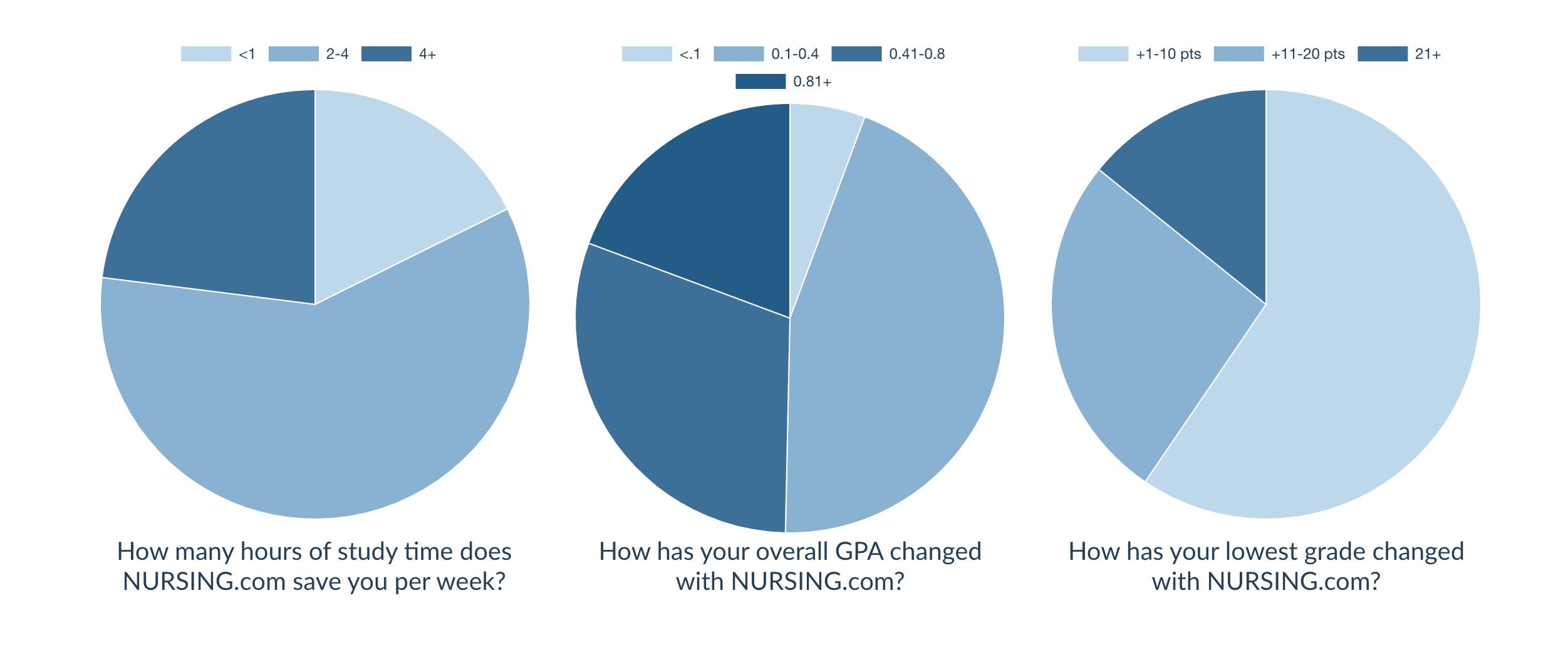
Find the perfect solution for you and your students
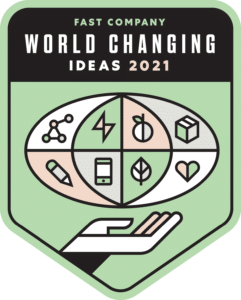
Fast Company
World Changing Ideas

Inc. 5000
Fastest Growing Companies
